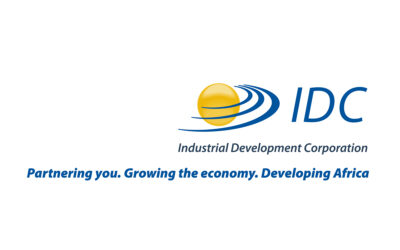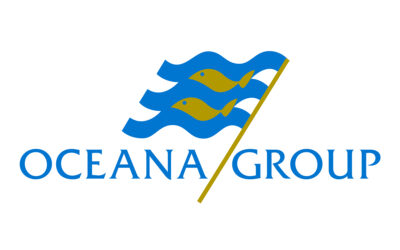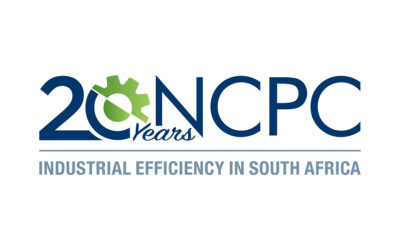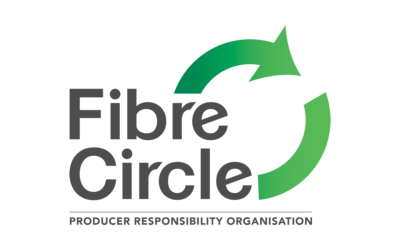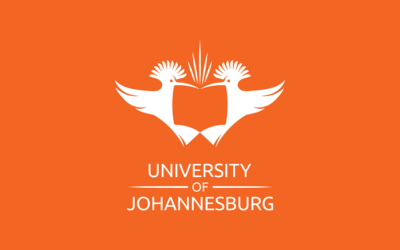Kyle Odgers is an environmental entrepreneur at heart, with a desire for success in life. He is the director of KleenHealth, an Enviropaedia and Eco-Logic award-winning nanotechnology and bioremediation solutions social company based in Edenvale, Johannesburg.
KleenHealth creates ecofriendly cleaning products for treating businesses, homes, schools, sports grounds and communities. Odgers is as enthusiastic and passionate about growing KleenHealth as he is about the wellness of the environment.
His proudest accomplishment is the #TreatAtTheSource campaign: a drive to protect water at the source by cleaning sewage-polluted dams, rivers and wetlands with nature-based solutions. Initiatives such as this exemplify his motto, “saving rivers from ourselves”, which he pushes on his social media platforms, engaging with his audience about climate change and environmental sustainability.
Another accomplishment was the unblocking of sewer networks at the source by emptying pit latrines in underdeveloped and rural school toilets, and drastically reducing Camps Bay High School’s water consumption, cutting it by 2 500 000 litres over five years.
Through working at schools in this capacity, Odgers learned an unexpected lesson — that children’s sense of smell is more acute than adults’, so a foul odour smells worse for kids.
Odgers would like all South Africans to know that we are all connected through our groundwater, sewer networks and rivers. That means the condition of your kitchen drain and toilet affects your neighbours.
His ultimate goal is to improve the quality of lives through the development of a revolutionary range of KleenUp products that will help Africans to take good care of their environment.
We are all connected through our groundwater, sewer networks and rivers







